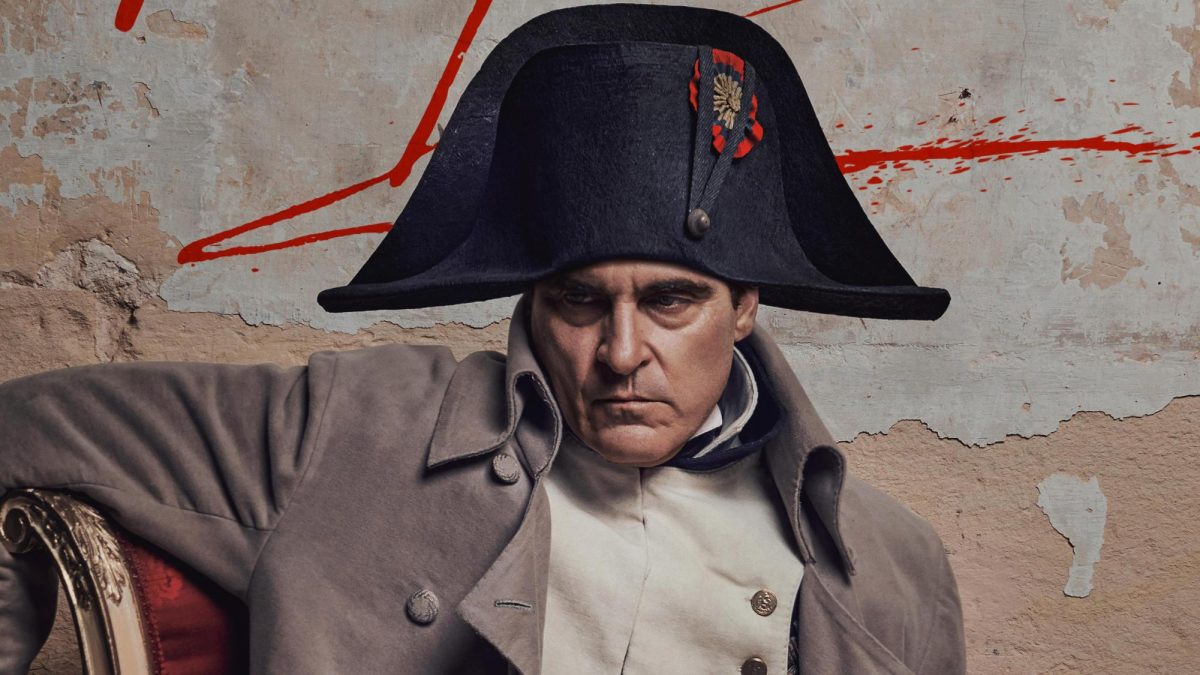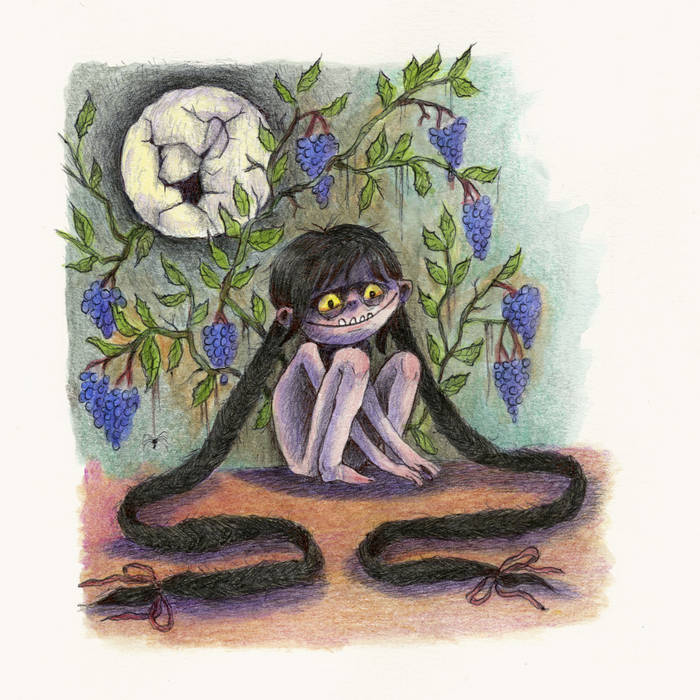“France … army … Josephine.” These were the last words of Napoleon Bonaparte, and they form the foundation of the 2023 film “Napoleon.” Directed by Ridley Scott, the film begins in 1789 during the rise of the French Revolution when Napoleon (Joaquin Phoenix) was merely a young Corsican lieutenant. In the midst of anger, strife, and opportunity, Napoleon climbs the ranks of the French army.
Quickly, he is promoted to captain and commands a battle in the Siege of Toulon. This is where Scott excels. Napoleon, spurred on by cannons and pride, says, “Surprise is my advantage, but I will win by fire.” No holds are barred here — battles in “Napoleon” are gritty, graphic, and intense. Grand setpieces with hundreds of soldiers battle around castles and bodies of water. Horses ride across snowy fields and cannons are shot directly into crowds.
After showing his savviness in battle, Napoleon climbs the ranks of the French military and his personal life expands. He is still building his reputation when he meets the aristocratic widow Josephine (Vanessa Kirby) and is instantly enamored. She is beautiful, but she has a guardedness to herself. Their relationship is electrically tense, drawn together by ambition and attraction. When the French army hears reports that Josephine has taken a lover while he is at war, Napoleon is enraged and returns to France. Over the course of their lives, Napoleon and Josephine pull against each other and are constantly pulled back. Josephine puts their inseparable connection into words when she tells Napoleon in a steely tone, “You are nothing without me.”
Here is the heart of the movie. It lies with Josephine, whom Napoleon, for all of his numerous and unforgivable flaws, is shown to care for deeply. The most compelling moments lay in their tension, which manifests itself in disillusionment, lust, care, the ambition that marries them, and the duty that forces them apart. While this tumultuous relationship drives the film, “Napoleon” excels when it focuses on battles, both of the army and the amorous but twisted relationship at the center of the story. Unfortunately, Josephine wafts in and out of view, standing in wait as we watch Napoleon travel across continents, dispute with heads of nations, and eventually lead his followers to ruin.
Two hours and thirty-eight minutes is a long time, but this movie tackles the tensions across Europe as well as the entire scope of Napoleon Bonaparte’s personal life from 1789 to 1821. The scope is so grand that only the most important moments can be shown, and the viewer is forced to jump from place to place, person to person, and country to country — the only anchor being the discomforting Napoleon himself. Phoenix is well-suited to lead this film. He has a quiet strength and is also well-suited to play a troubling character.
The issue is that “Napoleon” fails to choose a side. Napoleon Bonaparte was not a nuanced individual. He was egotistical, a dictator, and led millions of frenchmen to their deaths. In “Napoleon,” he is intelligent in battle and shows his narcissism, but he is also the butt of the joke and has to beg for respect from his wife and the people around him. This film does not need to be a condemnation, but Napoleon is such a contentious figure that it needs to have an opinion. “Napoleon”’s ambiguous view paints confusion over a real historical figure and his place in history. Overall, this film succeeds in telling the story of Napoleon and Josephine, and it succeeds in telling the story of Napoleon and the army. However, “Napoleon” misses when it comes to Napoleon himself, which builds the film up as a cannon poised to fire but never lit.
Director: Ridley Scott
Rating: R
Grade: C+
Image courtesy of IMDb








